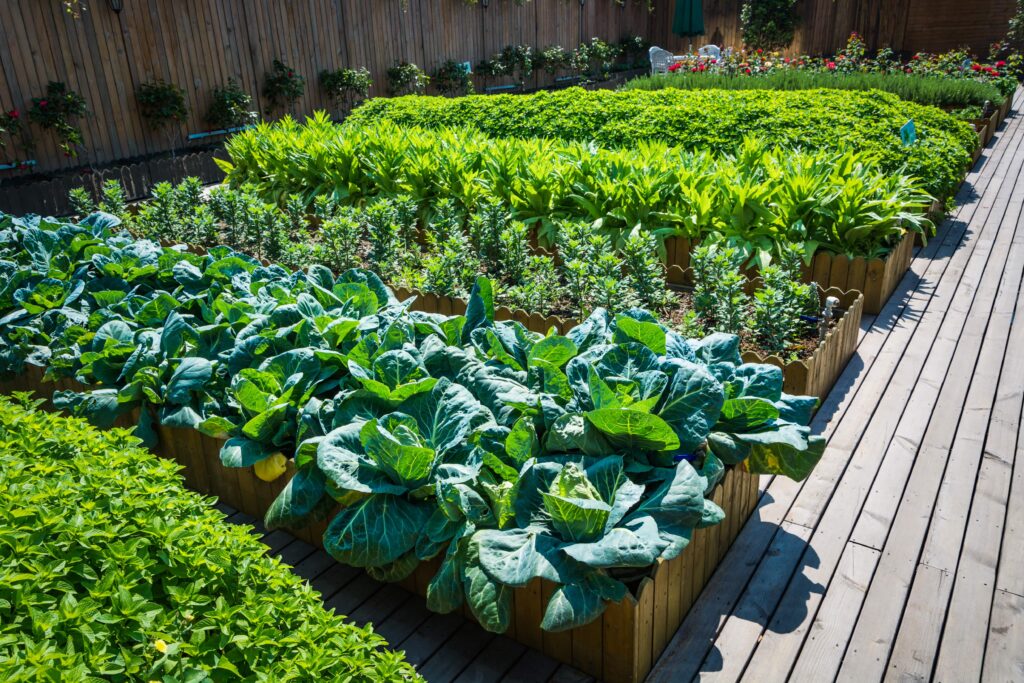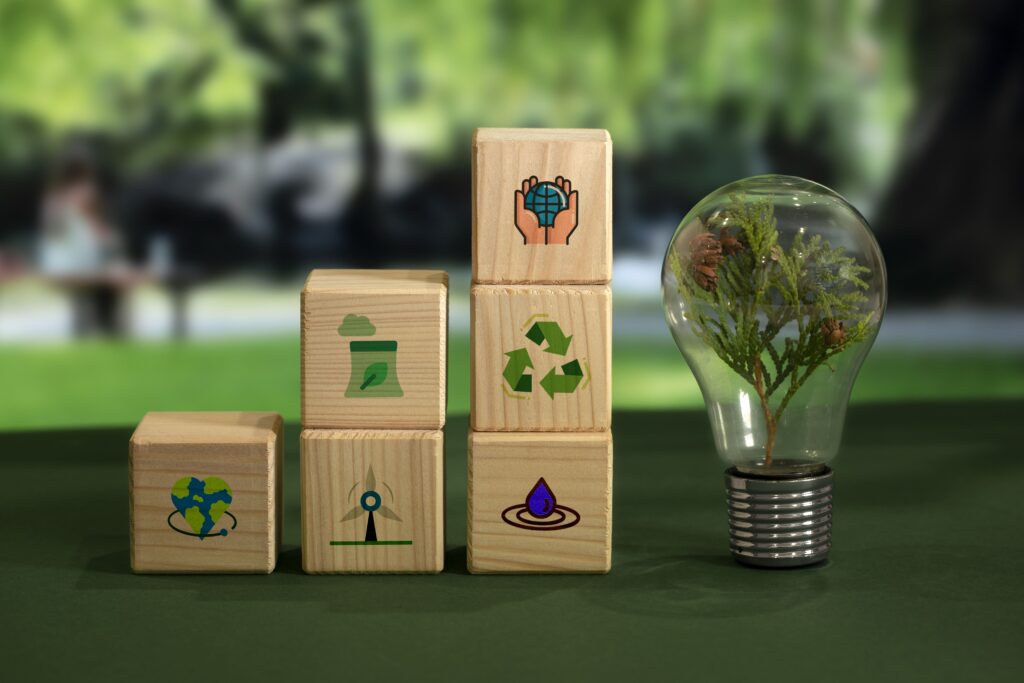Have we overlooked the key to a sustainable future? Addressing environmental challenges like climate change, pollution, and biodiversity loss, require transformative solutions. Enter environmental education in Pakistan. A beacon of hope extending beyond classrooms.
Environmental issues impact public health, economic stability, and well-being. As a result, environmental education in Pakistan is crucial.
Integrating education for sustainable development in Pakistan’s school curricula can foster a sustainable thinking nation. Environmental awareness alone cannot create a more environmentally responsible society, but a change in attitudes and behaviour.
Which can only start from the school.
Here is everything you need to know!
What is Environmental Education?

Environmental education in Pakistan goes beyond textbooks and lectures. By deepening their connection to nature, it empowers the students to preserve and protect the planet. It fosters environmental awareness in Pakistan and cultivates a generation of eco-conscious citizens. It engages students in the real world.
It does this by encouraging students to adopt sustainable practices in Pakistani schools and promoting eco-friendly behaviors. Through this approach, students actively participate in environmental conservation initiatives, taking a proactive role in safeguarding their environment.
The Need for Environmental Education in Pakistan
Amidst the rich biodiversity and diverse landscapes of Pakistan, by exposing students to the beauty and wonders of their natural surroundings, they develop a deeper sense of appreciation for the environment’s intrinsic value.
Through field trips to local parks, nature reserves, and ecological sites, students witness firsthand the delicate balance of ecosystems and the impact of human activities. These immersive experiences leave a lasting impression, igniting a passion for environmental conservation and promoting eco-friendly behaviors.
This transformative education opens the doors to exciting career opportunities aligned with the urgent need for sustainable development in Pakistan.

Students who engage in hands-on learning and participate in projects focused on environmental conservation and green energy are more likely to pursue careers in fields such as environmental science, renewable energy, sustainable development, and urban planning.
By equipping students with the necessary knowledge and practical skills, environmental education empowers them to be agents of positive change in their communities and contribute significantly to a greener, more sustainable future for Pakistan.
Furthermore, fostering eco-consciousness among Pakistani students can be achieved through organizing environmental workshops and programs that offer interactive and engaging experiences. These initiatives can encourage students to actively participate in environmental conservation initiatives and inspire them to take a proactive role in protecting their natural heritage.
Teaching Environmental Education Effectively in Pakistan
Recognizing its importance in Pakistan, many educators have thoughtfully designed curriculums that delve into various aspects of climate change education and sustainable development.
Such comprehensive learning experiences equip the next generation with the knowledge and skills to tackle pressing environmental issues effectively.
Environmental education in Pakistan is limited, but there are innovative approaches that can enhance its effectiveness. Alongside immersive experiences like field trips, bridging the gap through teacher capacity building is crucial.
This can be done by incorporating environmental workshops and programs to help further engage students in hands-on learning.
These workshops can cover various aspects of environmental conservation, such as sustainable practices in Pakistani schools, promoting eco-friendly behaviors in Pakistan, and environmental challenges and solutions in Pakistan.
By actively involving students in practical initiatives, they can witness the tangible impact of their actions and develop a sense of responsibility towards their environment.
Tree planting drives witness the transformation of barren land into thriving green spaces. Community cleanups promote waste management and instill a sense of responsibility.
Recycling initiatives provide evidence of how small actions lead to significant environmental impacts. Practical experiences empower students to make a positive difference in their communities.

How to Effectively Incorporate it?
Integrating it Into Curricula
To make environmental education more comprehensive, the integration of green practices in the Pakistani education system is imperative. This involves creating a structured environmental curriculum in Pakistan that seamlessly incorporates environmental topics across different subjects.
For example:
- Students can explore climate change education in Pakistan during science classes
- Social studies can delve into the historical relationship between societies and nature
- Mathematics can be used to analyze environmental data, promoting sustainable development in Pakistan
- Literature exposes students to environmental issues through poignant stories
This interdisciplinary approach makes environmental education a cohesive and holistic experience. By weaving environmental awareness into the fabric of education, students can gain a well-rounded understanding of environmental issues and the importance of conservation.
Bringing in Experts and Networking Opportunities
Inviting environmental experts, scientists, and activists to deliver guest lectures and conduct workshops adds depth and authenticity to the learning experience. By connecting students with professionals, they gain firsthand insights into conservation challenges and opportunities.
These interactions spark a sense of purpose and a desire to contribute meaningfully to environmental causes, making environmental education in Pakistan even more essential. Open discussions foster collaboration and innovation among students. Enriching encounters lay the foundation for potential careers in environmental advocacy and activism.
Other Forms of Integration
In addition to traditional approaches, environmental education can be effectively taught through innovative methods such as book clubs and youth consortia. Youth consortia, offer a platform for young individuals to collaborate, share ideas, and lead environmental initiatives within their communities.
Bookclubs focusing on environmental literature and publications allow students to engage in meaningful discussions, broaden their perspectives, and develop critical thinking skills related to environmental topics. These interactive platforms empower individuals to take ownership of their environmental learning journey and become active agents of positive change in Pakistan’s quest for a sustainable future.
Using Digital Tools
In today’s digital age, multimedia captivates students’ attention and delivers impactful environmental messages. Documentaries and videos immerse students in the beauty of nature. They highlight issues like deforestation and climate change, evoking empathy and a sense of urgency.
Interactive websites and applications offer opportunities for self-paced learning, enabling students to explore complex environmental concepts. Multimedia nurtures environmental awareness, making environmental education in Pakistan enriching and enjoyable.
Embed Critical Thinking Across All Learning
At the heart of environmental education lies critical thinking. Problem-solving activities like designing sustainable cities nurture “outside the box” thinking. Challenging assumptions cultivates environmentally conscious individuals who approach issues with creativity and adaptability.
Critical thinking skills benefit students in their academic pursuits and future careers. Students become catalysts for positive change, active problem-solvers, and change-makers.
In Conclusion
Environmental education in Pakistan can be a transformative force that shapes attitudes, values, and actions. By empowering the younger generation with knowledge and fostering a love for nature, we pave the way for a sustainable Pakistan.
It equips students with the tools to make informed decisions impacting not only their lives but the health and well-being of the entire planet. Let’s harness the power of environmental education and embark on a journey to “Greening the Future”. Together, let’s inspire a generation of environmental stewards, safeguarding Pakistan’s natural treasures.
Critical thinking skills benefit students in their academic pursuits and future careers. Students become catalysts for positive change, active problem-solvers, and change-makers.


